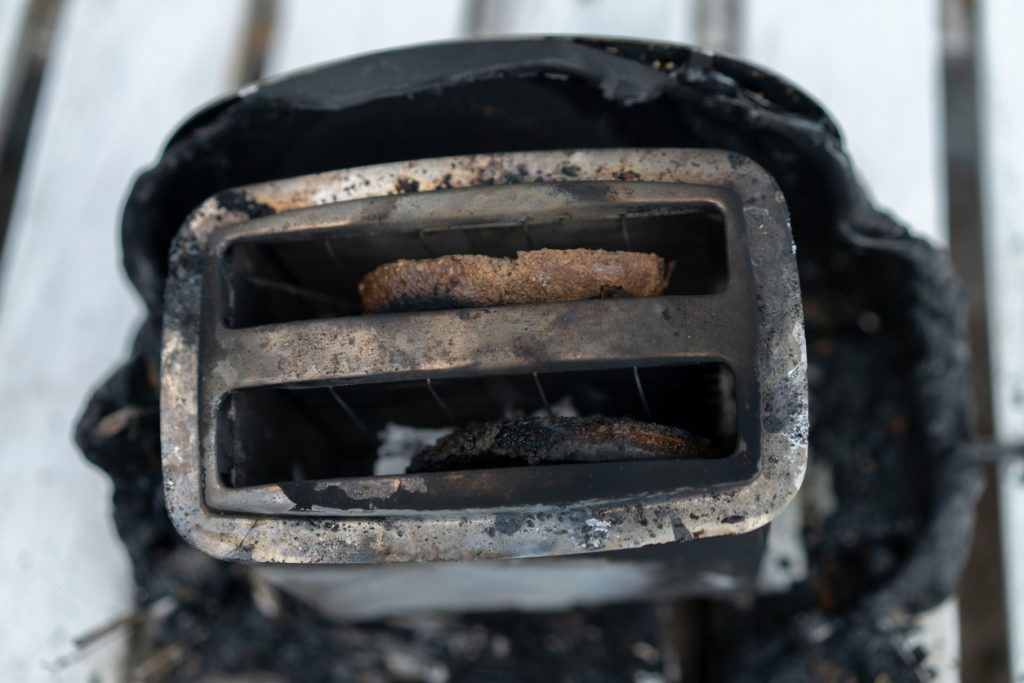
A person who sustains injuries due to a defective product has the right to file a personal injury lawsuit against whoever was completely or partially at fault. Often, this is the manufacturer, but it could also include the retailer or another party.
If you were injured by a defective product, even if you think it might have been partially your fault, it’s in your best interests to seek legal help right away. At Crowe Arnold & Majors, LLP, we have a reputation for taking on even the most challenging cases. Victims shouldn’t have to pay for someone else’s negligence.
Understanding the basis for a product liability lawsuit
Before your personal injury attorney can determine which parties may be named as defendants in a lawsuit, it’s necessary to consider which types of defects are involved. A product can be defective in design or manufacture, or it may fail to carry adequate safety warnings or labels. If a product is defective in any of these ways—or all three—it’s quite likely the manufacturer may be named as a defendant.
There are other ways that a party may be held liable. If a breach of warranty is present, there is no need to prove fault. There may be a breach of express warranty. For example, the seller may have guaranteed to the buyer that the product was safe. If it turns out that the product was not, the seller may be held liable.
Second, an implied warranty of merchantability is a guarantee that the product is free from defects. Lastly, an implied warranty of fitness indicates that a product is safe and appropriate for specific uses. Your personal injury attorney will consider whether any of the above may have been breached when determining which parties to name as defendants.
Suing the manufacturer
The manufacturer is at the beginning of the supply chain. This entity is often to blame when a product is defective in design or its manufacture– or fails to carry sufficient safety warnings. For example, assume you purchased a glass pan that is safe to use in the oven. There were no safety warnings advising you not to use it on the stove, so you use it on the stovetop. The glass explodes, and you sustain injuries. Even if the glass pan was not defective in design or manufacture, you might still sue the manufacturer for failing to warn you about the limitations of its use.
In some cases, you may sue multiple manufacturers. This can happen if one manufacturer produced a defective component used in a product made by a different company.
Suing the retailer
Some product liability lawsuits might name the retailer that sold the product. Often, lawsuits filed against retailers indicate that those defendants breached the implied warranty of merchantability or the implied warranty of fitness. As an example, Jane visits a hardware store and asks the salesperson for a power saw capable of cutting metal. The salesperson sells Jane a power saw, assuring her that it can indeed cut metal. Jane sustains injuries while using the product and then discovers that it is not intended to cut metal. The retailer has breached the implied warranty of fitness.
Consult our team of Dallas product liability lawyers today
Product liability cases are notoriously complex, and it can be challenging to prove liability. That’s why it’s important to consult a Dallas product liability attorney with extensive experience and a long track record of success. At Crowe Arnold & Majors, LLP, we bring in-depth legal knowledge and compassion for our clients to each case we handle. Contact us today to request a free, no-obligation consultation with our legal team.





